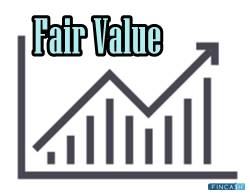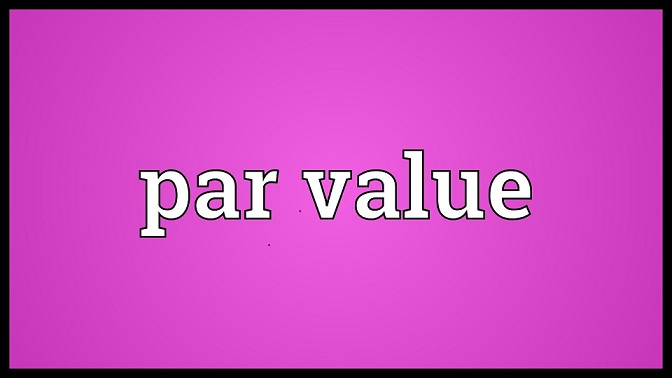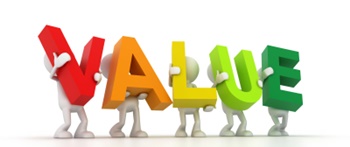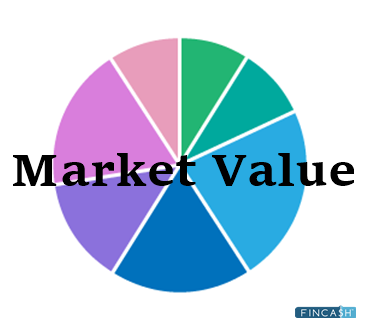
Table of Contents
Fair Value
Fair Value Meaning
Fair value meaning has different aspects in different sectors. For instance, in the investment sector, it is referred to as the sales price of an asset that has been agreed upon by the seller and the buyer. In the given scenario, it is assumed that the involved parties are aware and tend to enter the transaction independently. For instance, securities have a fair value that is determined by the by the Market in which they are being traded.

In the field of Accounting, fair value is known to represent the estimated value of multiple assets as well as liabilities that are enlisted on the books of a company.
An Insight into Fair Value
In the perfect economic sense, fair value is known to represent the value assigned or the potential price, to some good or service, by considering multiple factors like the overall utility, demand, and supply for the same. At the same time, the amount of competition for the given goods or services is also taken into account. While the same implies the presence of an Open Market, fair value cannot be regarded just like market value. Market value is referred to as the asset’s price in the given marketplace.
Talk to our investment specialist
Fair Value & Investments
In the modern world of investment, one of the most common ways of determining the fair value of a security or an asset is by listing the same at some marketplace that is publicly traded –for instance, a stock exchange. If the shares of a company are traded on an exchange, then the respective market makers are known to provide a bid as well as ask price for the given shares on a regular Basis.
An investor can look forward to selling the stock at the Bid Price to the market maker while buying the stock from the respective market maker at its ask price. As the demand of the investor for the given stock is known to significantly determine the respective bid & ask prices, the exchange serves to be a reliable method for determining the fair value of a stock.
In a futures market scenario, fair value is referred to as the equilibrium price for some futures contract –the point wherein the overall supply of goods is known to match the respective demand. This serves to be equal to the spot price once the overall compound interest over a specific time period has been taken into account.
As per the fair value meaning by the International accounting standards Board, it is referred to as the price that is received for the sale of an asset and then, paid for the liability’s transfer in an ordered transaction between multiple market participants on a specific date –usually to be utilized on financial statements with time.
All efforts have been made to ensure the information provided here is accurate. However, no guarantees are made regarding correctness of data. Please verify with scheme information document before making any investment.












